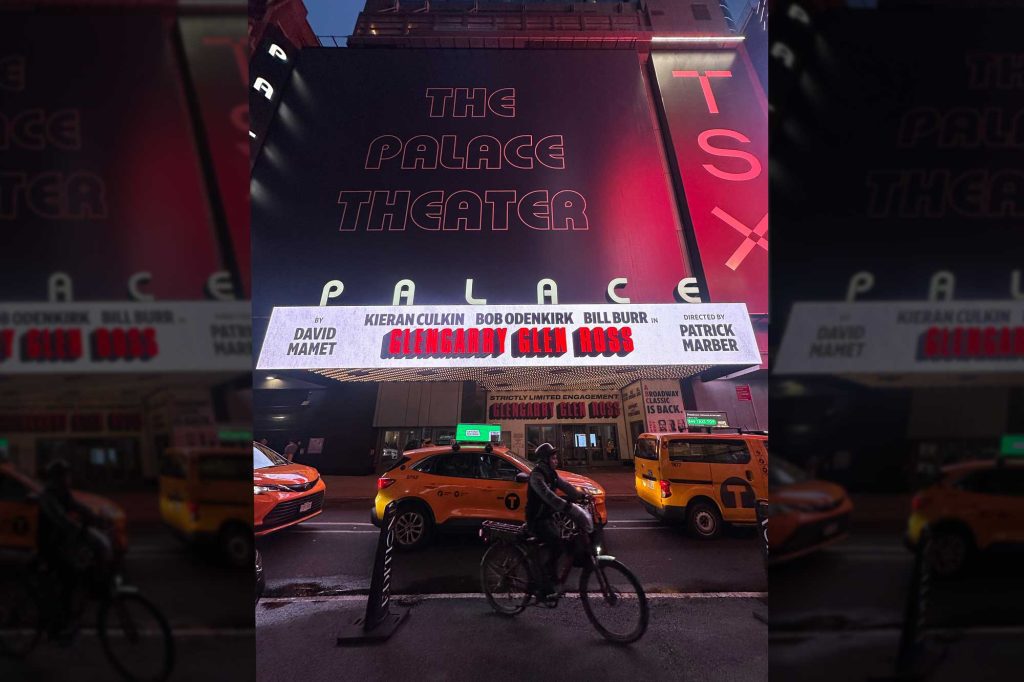RELEASE:
Wicker’s ‘EUREKA’ Plan Becomes Law
Miss. Senator Urges President-elect Trump to Keep NIH Chief to Help Implement Policies
WASHINGTON – U.S. Senator Roger Wicker’s, R-Miss., proposal to create prize-based competitions to encourage more public-private collaboration in the fight against Alzheimer’s disease is now the law of the land. The “Ensuring Useful Research Expenditures is Key for Alzheimer’s (EUREKA) Act” is part of the “21st Century Cures Act,” which garnered final congressional approval last week. President Obama signed the bill today.
“The ‘Cures Act’ sets a new standard for the advancement of medical innovation and health-care research,” Wicker said. “I firmly believe that in 10 or 20 years, we can look back on this day as a pivotal moment in the fight to cure diseases. I am especially pleased to see that my plan to help spur research for Alzheimer’s and other diseases through prize competitions is now being realized. Moving forward, I am hopeful that President-elect Trump will keep Dr. Francis Collins on as Director of the National Institutes of Health (NIH). He was instrumental in working with us on this law, and he deserves an opportunity to implement it.”
Wicker’s proposal does not replace other funding and research initiatives for Alzheimer’s but adds another route for breakthroughs. The law requires the NIH Director to establish prize challenges to combat our nation’s most devastating and costliest diseases, including Alzheimer’s.
Prize challenges enable government sponsors to pay only when a prize team achieves specified goals or milestones. Although funds will be authorized and reserved for awards, prizes will only be granted when teams achieve clearly defined objectives, making the “EUREKA” a cost-effective tool to spur leading-edge research.
NIH has set a goal of curing Alzheimer’s by 2025. Today, Alzheimer’s is the most expensive disease in America and has a 100 percent fatality rate. According to a report released earlier this year, caring for people with Alzheimer’s disease and other dementias is estimated to cost the United States $226 billion in 2015, with one in five Medicare dollars spent on an Alzheimer’s victim. Unless a cure is found for Alzheimer’s, treatment costs are expected to grow to an estimated $1.1 trillion by 2050. In Mississippi, 12 percent of senior citizens have Alzheimer’s. The number of victims is expected to rise 27.5 percent by 2025, increasing from 51,000 to 65,000.
“EUREKA” was supported by more than 70 organizations, including the XPRIZE Foundation, Alzheimer’s Foundation of America, UsAgainstAlzheimer’s, Alzheimer’s Association, Eli Lilly and Company, BrightFocus Foundation, and the MIND Center at the University of Mississippi Medical Center.
Wicker was also successful in adding the following health-care proposals to the “21st Century Cures Act,” which are also now law:
•Speeding up the implementation of the “National Pediatric Research Network Act,” which became law in 2013, by requiring NIH to follow through on creating a national pediatric research network to expand access to clinical trials and treatments for children, especially those with rare diseases;
•Increasing transparency and accountability within the drug and treatment review process, strengthening patient participation in FDA decisions; and
•Establishing beneficiary equity in the Medicare hospital readmissions program.
12/13/16







